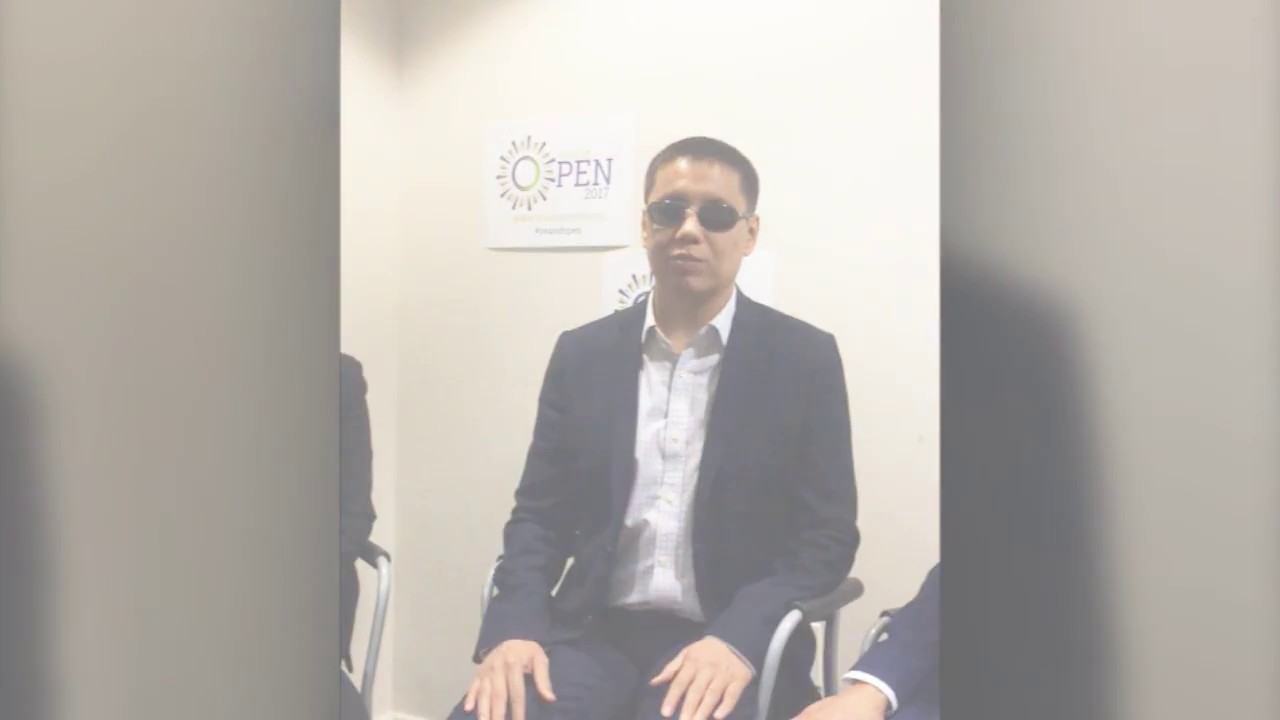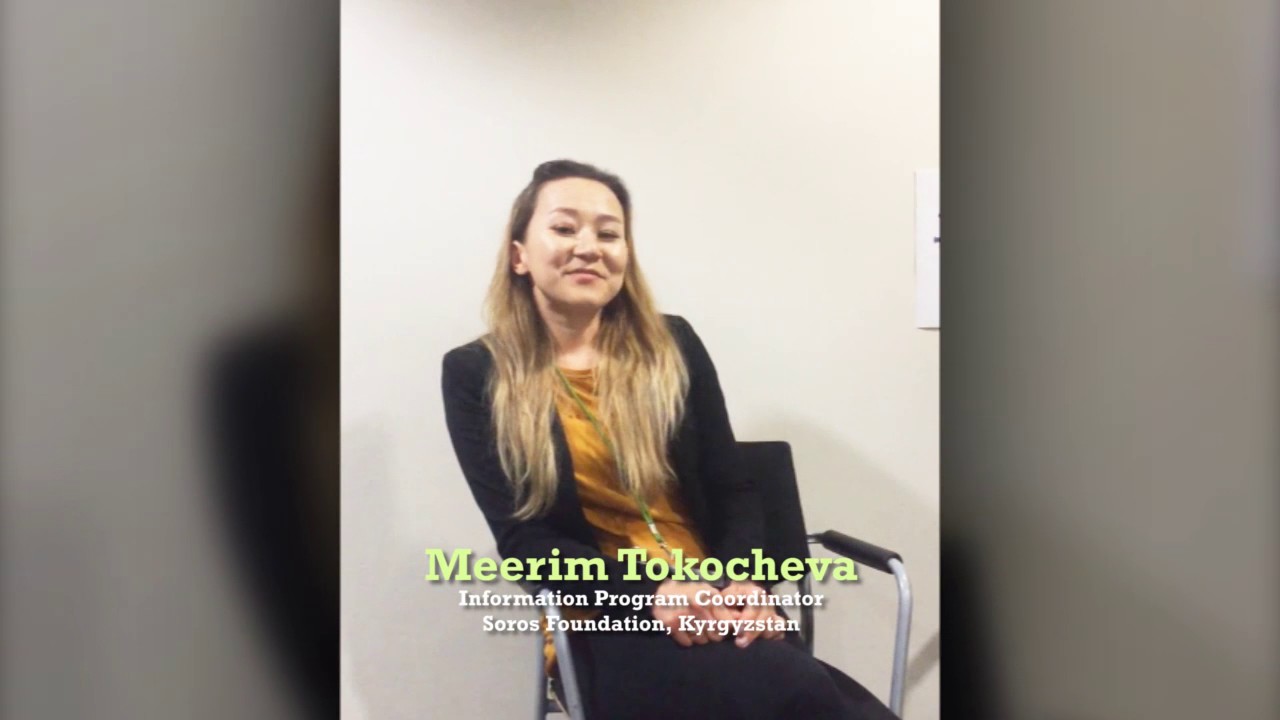The Wikipedia article for OER policies currently states that:
OER policies (also sometimes known as laws, regulations, strategies, guidelines, principles or tenets) are adopted by governments, institutions or organisations in support of the creation and use of open content, specifically open educational resources (OER), and related open educational practices.
What do YOU think
What do you think of these definitions?
Click on the ![]() to share your thoughts, ideas, resources and experiences:
to share your thoughts, ideas, resources and experiences:
- What is Open Education Policy
- Why is it important?
- How has Open Education Policy changed things for your work, students or colleagues?
- What role do you see it playing in the future?
To get you started, below are interviews conducted initially for the Year Of Open in 2017 with Open Education contributors from around the world. Many of these opinions are still relevant.
What does Open Policy mean in Kyrgyzstan
Interview with Dastan Bekeshev, Member of Parliament, Deputy Chairman, Economic and Fiscal Policy Committee, Kyrgyz Republic, @bekeshev (English Translation)
What changes do you hope will happen based on Open Policy and why is it important to you?
Interview with Meerim Tokocheva, Program Coordinator, Soros Foundation, Kyrgyzstan
Open and Online Higher Education, The Dutch Policy Line
Submitted by: Juriaan van Kan, MSc. Senior policy officer, Dutch Ministry of Education, Culture and Science
Is a ‘policy’ needed?
Yes, a policy is needed. If you want to invest in open and online higher education, as the Ministry of Education wants to do, you need to think it through.
If so, what sort of policy?
We would like to see a few things happening. Most important, we formulated a goal to raise the quality of education with open and online innovations. To achieve this, we stimulate innovative projects with the stimulation fund ‘open and online’. Resources of these projects need to be shared under a Creative Commons license. But, more importantly we try to move universities in formulating a vision on open and online education. For instance, open and online projects need to be co-financed by the university board and in 2016, most of the universities of applied sciences formed a ‘open coalition’ to actively share their educational resources.
What is also really important in creating an innovative movement is the room for experimentation. That’s why we explicitly follow the policy to not introduce new legislation that stands in the way of innovation. On top, we try to cut the legislative boundaries that universities come across.
How do you develop a policy?
This is where we need the stakeholders. We need our policy to be effective in achieving our goals. Fortunately, in the Netherlands we do have a lot of early adopters on this subject. We listen to them, discuss our collective objectives with them and actively involve them in the realization of Dutch policy. It’s only in this way that we can make our education excellent!
If you want a deep dive into Open Policy, read through the excellent
Policy Approaches to Open Education: Case Studies from 28 EU Member States (OpenEdu Policies) (1.8 MB) compiled by Andreia Inamorato dos Santos, Fabio Nascimbeni, Paul Bacsich, Javiera Atenas, Stefania Aceto, Daniel Burgos, Yves Punie
New to Open Education? 
Curious to explore? Start here!

